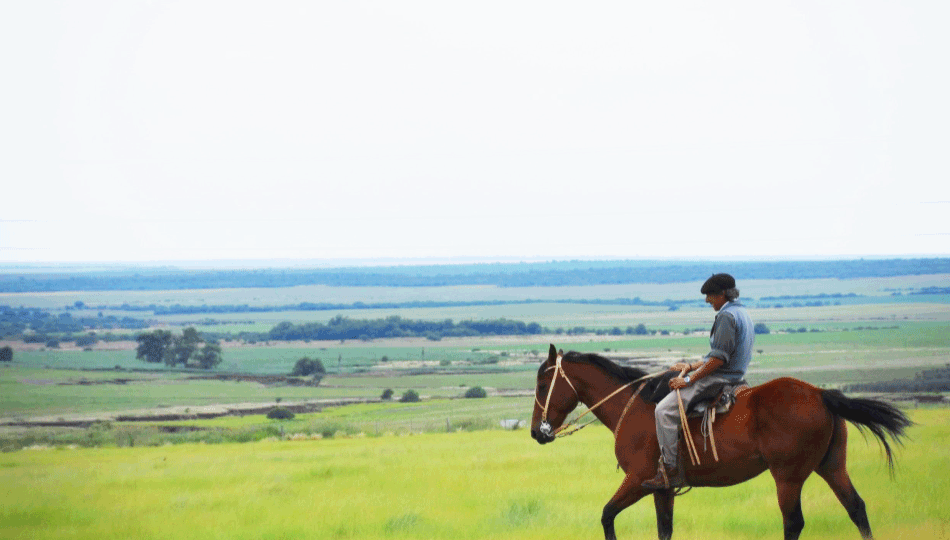
The digital change is a heterogeneous process affecting modalities of communication, management and organization. In family farming, the main activity of the agricultural sector in the world, the Information and Communication Technologies (ICT) sit across the intersection of crucial concerns such as generational shifts, technological transformations, territorial configurations and productive practices.
The agricultural setting is a relevant field to think about contemporary youth, their trajectories, dilemmas and strategies in an interconnected and uncertain world. The research proposed here is based on the assumption that, fueled by the integration of ICT in different spheres of life, young people are configuring new experiences that defy the frontiers of agricultural activity. At the same time they are boosting the revision of some historical categories, including rurality, agricultural practices, rural youth and farming culture, among others. This scenario constitutes the problematic area of the present project, with focus on the socio-digital and socio-technical dynamics presented by young people in Washington State, United States.
The COVID-19 pandemic has accelerated some transformations and changes we were expecting to happen in decades. The so-called “new normal” is characterized by the fragility of economic and political cycles, speeding up technical shifts and the human activity dematerialization, and causing the expansion of gaps and inequities already present before the pandemic. Even when the agricultural economic outlook illuminates some positive scenarios, farming is not strange to the whirlwind of problems, uncertainties and challenges that are exponentially expanding.
Digital technologies catalyze this complex and hybrid process, with cultural, social and technological implications. The research seeks to reconstruct the socio-technical trajectories 3 of ICT in family farming and their socio-cultural configurations in the context of the COVID-19 pandemic. Situating young people as relevant actors, the super modern mobility – more typical of urban environments – has ended up affecting rurality. This process is breeding a divergent agrarian subject, different from the prevailing assumptions, with distinct new ways of seeing, being, doing and telling. The integration of the findings from the field work with theoretical underpinnings, and empirical evidence will result in a cartography of the recent socio-cultural transformations that, driven by ICT, defies the borders of an activity that has occupied humanity for more than ten thousand years.


